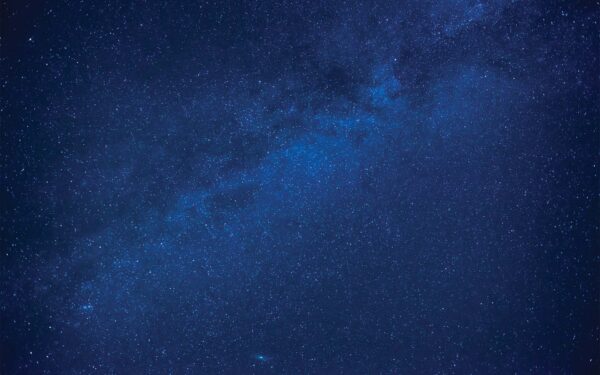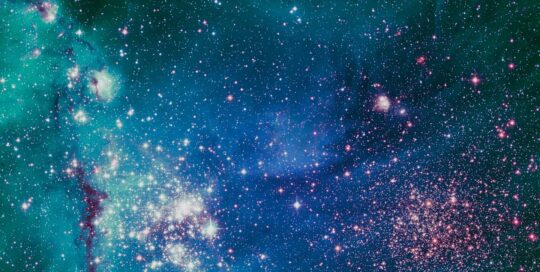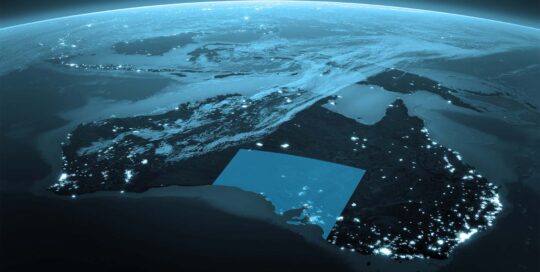From launching rockets to exploring ways to enhance Lunar search and rescue missions, 2025 Southern Hemisphere Space Studies Program (SHSSP) graduates have gained deeper industry insights and connections, paving the way to brighter careers as potential future leaders in the space sector.
The four-week intensive international space program, jointly run by the International Space University and the University of South Australia (UniSA), recently hosted 29 students from 12 countries, educating them in key knowledge areas across space exploration, space policy and space services.
Held at UniSA’s Mawson Lakes campus, the immersive educational experience connects participants with global leaders in space studies research, building their understanding of space from international, intercultural and interdisciplinary perspectives.
Participants of this year’s program had the chance hear from Australia’s first female astronaut Katherine Bennell-Pegg and South Korean astronaut and biotechnologist Yi Soyeon, who made history as the first Korean to travel to space in 2008.
Working in teams, students put their problem-solving and engineering skills to the test in a rocket challenge, which saw them design, build and launch a rocket, reaching up to 900 metres in altitude.
Professor Lan Snell, Dean of Programs Postgraduate, UniSA Business said the intensive, residential program not only immerses students in space industry studies, but helps them foster strong connections with peers, lecturers and industry leaders.
“The month-long program was a deep dive into the space industry, from launching rockets to launching start-ups. It was incredible to see participants from across the globe come together to push the boundaries of space exploration,” Professor Snell said.
Participants were challenged to apply their specialist knowledge to a real-world space-based search and rescue project, which will be showcased at the International Astronautical Congress in Sydney later this year.
“With local and international experts contributing, the program reflects the truly global nature of the space sector—one in which South Australia is playing a vital role,” she said.

South Australian space enthusiasts reach for the stars
Madeline Parks was one of seven South Australians awarded a scholarship by the South Australian Space Industry Centre to participate in this year’s SHSSP.
With a Bachelor of Science (Physics) and a Master of Teaching (Secondary) from the University of Adelaide under her belt, Madeline is a space communicator at the Australian Space Discovery Centre.
For Madeline, participating in this year’s program was an ideal opportunity to foster connections with other space professionals and build new knowledge, which she hopes to leverage to inspire the next generation about space and STEM.
“SHSSP has given me a valuable pulse check on the space sector and a renewed appreciation for how it’s all connected,” she said.
“Space technologies help address some of the most pressing issues we face here on Earth; from monitoring climate change, to improving agricultural practice, to ensuring reliable navigation and telecommunications in an increasingly connected world.
“So much of this work is happening right here in South Australia, and education remains a key piece of the puzzle in growing the sector and accumulating public support.
“I hope that I can use what I’ve learnt to continue facilitating meaningful public engagement with space.”
South Australian engineer Tash Moy also received a scholarship from SASIC to participate in the 2025 program. As a spacecraft operations engineer at Saber Astronautics, Tash serves as flight director and satellite controller for US company, AST SpaceMobile’s, telecommunication satellites.
Her role as technical lead in the search and rescue team project during the SHSSP gave her a taste for leading an international team with cross-cultural and interdisciplinary differences.
“Co-leading this project made me much more mindful of those dynamics and how best to navigate them,” she said. “I’m glad to have developed this skill because the space industry is highly international and collaborative – especially for Australia, which relies heavily on global partnerships as a smaller but growing player.
“SHSSP has given me a genuine professional network across the world and a newfound sense of confidence.”
—
Banner image caption: SASIC representatives with SHSSP scholarship recipients (third from left to right) Andrew Savchenko, Tuul Machlay, Thomas Schilling, Madeline Parks, Natasha Moy, Lucky Giirre, Siavash Tabatabaei.





